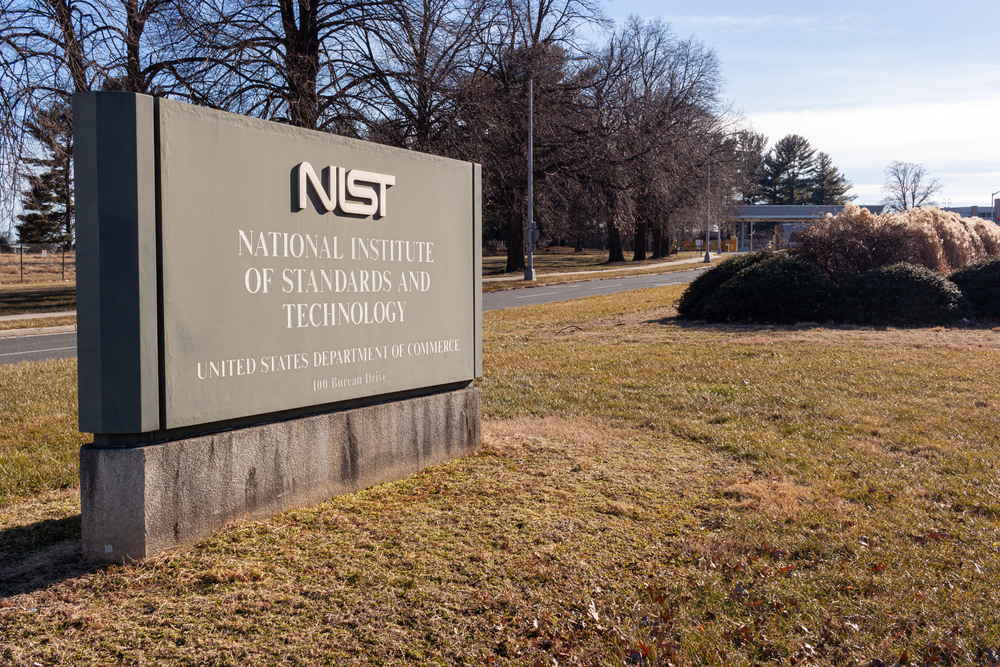Musk leaks Twitter’s Hunter Biden files – POLITICO
Elon Musk is stoking controversy on a new front, this time revealing sensitive internal deliberations at Twitter around Hunter Biden’s personal computer files in the fall of 2020.
On Friday evening, Twitter’s new owner promoted a leak of documents on his personal account, just the latest sign that the tech billionaire continues to steer the platform in a direction more favorable to conservatives and libertarians. Ahead of the midterm elections, Musk urged his followers to vote Republican. Last month, he reinstated former President Donald Trump’s Twitter account after taking an informal online poll.
The internal company discussions, which predate Musk’s ownership, offer insight on the dissent and confusion inside Twitter as it responded to the New York Post’s reporting on Hunter Biden’s files in the closing weeks of the last presidential campaign.
POLITICO has not independently verified the communications, which were given to Substack writer Matt Taibbi, a longtime critic of online censorship and mainstream media outlets. Taibbi unspooled portions of the leak in a lengthy Twitter thread on Friday night.
Musk teased the event hours before it began to spill out in Taibbi’s tweets, promising, “This will be awesome,” and suggested he was personally involved in its preparation.
“We’re double-checking some facts, so probably start live tweeting in about 40 mins,” Musk tweeted as users waited for the promised disclosures. His latest controversial move came before the dust had settled from his last one, which saw Musk block Ye’s account after the rapper tweeted, “I like Hitler.”
Within the current contours of the culture wars, the right has taken up the mantle of free speech, while the center and left have cited concerns about disinformation and hate speech to argue for greater limits in online expression. Since taking the reins of Twitter in October, Musk has endeared himself to the right and incensed the left with his laissez-faire approach to moderation.
Last week, the mogul hinted that he would release information about Twitter’s role in suppressing the New York Post’s reports, tweeting,…



